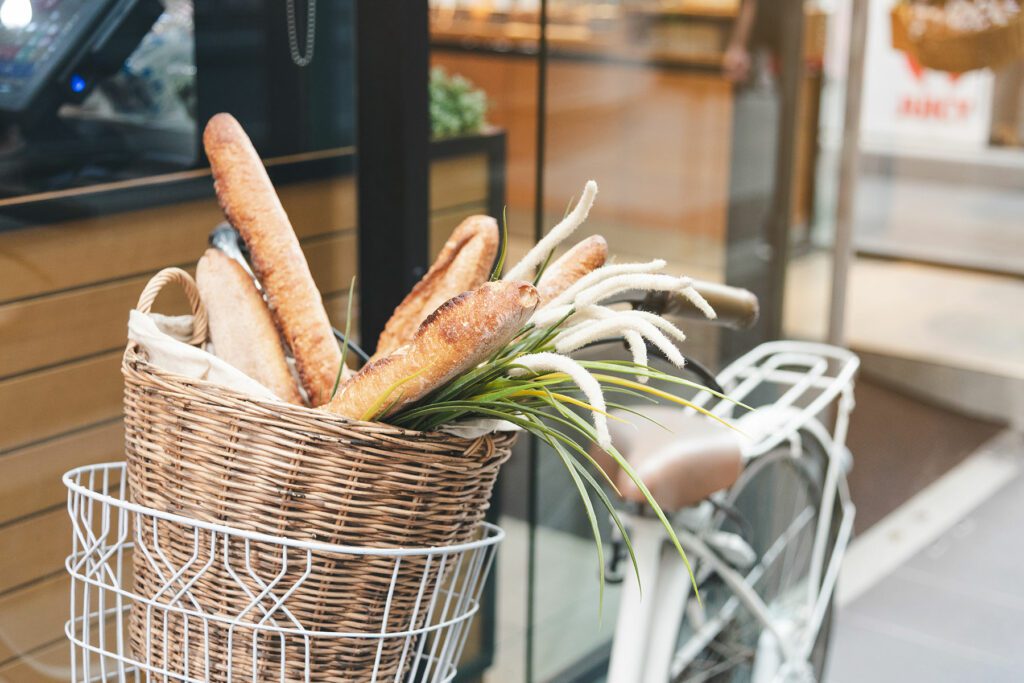Authors
A European case involving a Spanish bakery brand and an Italian bike producer has served as a good reminder as to why owning a trade mark does not grant absolute monopoly over a word, but rather protection within the specific goods and services for which it is registered.
Background
Bimbo S.A. (Bimbo) owns several registered trade marks for different bakery products, including a word mark for “Bimbo” in class 30 (bread, biscuits, cakes, pastry, etc.).
An Italian company, BOTTARI EUROPE S.r.l. (Bottari), applied to register the figurative mark “BimboBIKE” in the following classes: 3, 8, 9, 11, 12, 28, 35 for bike-related goods and services.
Opposition
Bimbo opposed Bottari’s application arguing that:
- The marks were too similar
- Consumers might link the Bottari brand to Bimbo’s
- Bimbo’s strong reputation should prevent registration to avoid an unfair advantage.
Decision
The opposition succeeded only for a limited number of goods. The goods and services that passed the opposition were generally more focused on bicycle-specific items and excluded some general cleaning products, drinking bottles, and toy items that were present in the original application.
Whilst Bimbo’s brand was recognised to have a strong reputation for “bread” the opposition division first, and the Court of Appeal then, was not persuaded that Bimbo’s reputation was so inherently strong and “exceptionally high” to automatically infer unfair advantage or detriment, and that the relevant public was unlikely to create a link or be confused between the two brands, especially given the lack of connection between the industries.
Bimbo failed to prove that the early right was recognised in every context and was inherently distinctive and that the relevant public would have created a link between the two brands leading to confusion.
Key takeaways
- Trade mark ownership doesn’t grant monopoly over a word across all categories.
- Protection is generally limited to registered goods and services.
- To oppose registration in different categories, brand owners must prove:
- A clear link between the marks
- Proximity of industries
- Potential for unfair advantage
- Even well-known marks must demonstrate these factors when opposing registration in unrelated fields, unless their reputation is exceptionally high for the mark to be recognised in every context.
This case serves as a reminder of the limits of trade mark protection and the importance of considering specific goods and services when assessing potential conflicts.
Practical implications
In an ever-crowded world of competing brands, trying to distinguish your goods and services from those of another company is harder than ever. When choosing a new name, it is always advisable to conduct trade mark searches to see what the landscape looks like and to confirm that you have the freedom to operate under the brand.
The problem comes when the searches reveal that the new name is already in use. This case shows that provided there is sufficient separation between the industries (here bikes and bakeries) then both companies should be able to co-exist happily and trade by reference to the same name.


